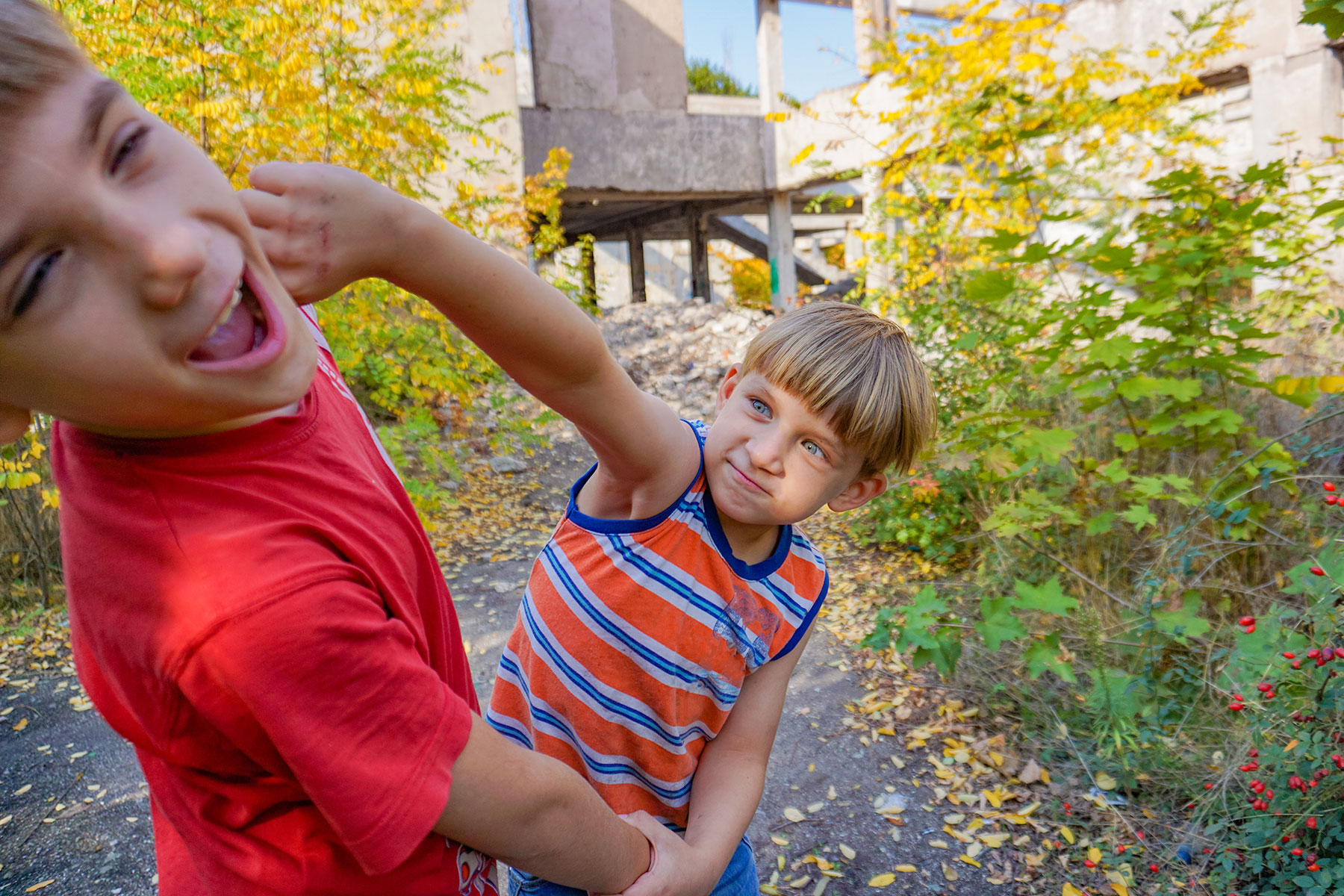Autism Spectrum Disorder (ASD) is a complex developmental condition that manifests in various social, communicative, and behavioural challenges. Among these challenges, aggression and rage can be particularly distressing—not only for the child experiencing autism but for their families and caregivers as well. Aggressive behaviours such as hitting can signal underlying frustrations and difficulties that require compassionate understanding and professional assistance.
If your child is struggling with rage issues attributed to an autism diagnosis, know that help is available. Call 866.762.2211 or contact Venture Academy online to access treatment for struggling teens in Canada today.
How to Stop an Autistic Child from Hitting Others
Autism presents a labyrinth of social and sensory experiences that can often be overwhelming for a child. Aggression, commonly reflected in hitting, is often a mode of expressing a spectrum of underlying frustrations—be it unmet needs, sensory overstimulation, or an inability to navigate social interactions.
Identifying what triggers these actions in your child creates the foundation for a strategy to diminish aggression. Is there a pattern linked to their daily activities? Could certain environments or social scenarios be setting the stage for striking out?
Ways to help your child navigate autism aggression can include:
- Building their communication and social skills
- Creating a structured environment
- Using positive reinforcement and rewards
- Seeking professional help and treatment
In navigating the path of transformation from aggression to self-expression, it is essential to remember that progress is incremental, and every step forward is monumental.
The Importance of Early Intervention and Treatment
Early intervention and professional support are a beacon of hope in the sea of challenges that rage issues present. Detecting and addressing aggressive behaviours at the earliest signs can catalyse profoundly positive outcomes. Here are key benefits that bolster the case for timely professional assistance:
- Reduces intensity – Intervention can significantly decrease the frequency and intensity of aggressive episodes.
- Promotes learning – It paves the way for more effective learning and social integration.
- Fosters development – Early help stimulates language, cognitive skills, and emotional development.
- Improves quality of life – It can enhance the overall quality of life for the child and their family.
Statistics reinforce the impact of early intervention. Studies show marked improvements in communication and behavioural regulation in children who receive early help compared to those who do not. These improvements can lay a foundation for a more promising future for children who previously struggled with rage issues.
Several treatment approaches have demonstrated effectiveness in managing autism aggression:
- Behavioural therapies – Techniques such as Applied Behaviour Analysis (ABA) directly address challenging behaviours and offer strategies for redirection and coping.
- Social skills training – Improving interaction skills can reduce frustrations that often fuel rage incidents.
- Communication strategies – Providing alternative communication methods can ease the discontent stemming from expressive difficulties.
- Medication – When necessary and under careful supervision, certain medications can aid in managing behavior.
The path to managing aggressive autism begins with a single step toward intervention. Every child deserves the opportunity to flourish, and with early intervention for aggression in autism, this opportunity is well within reach.
Find Help for Troubled Teens at Venture Academy
Understanding the intertwining nature of autism and rage issues is the first step toward a brighter path forward. Find help today. Call 866.762.2211 or contact Venture Academy online to learn more about how we help children on the autism spectrum thrive.







